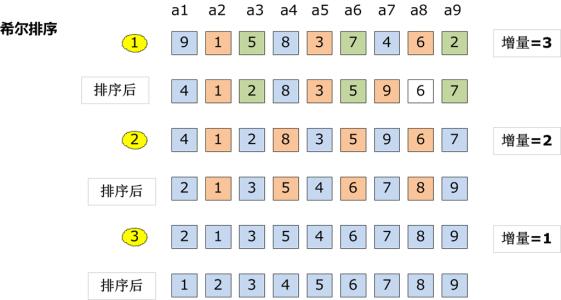We consider the standard population protocol model, where (*a priori*) indistinguishable and anonymous agents interact in pairs according to uniformly random scheduling. The *self-stabilizing leader election* problem requires the protocol to converge on a single leader agent from *any* possible initial configuration. We initiate the study of time complexity of population protocols solving this problem in its original setting: with probability 1, in a complete communication graph. The only previously known protocol by Cai, Izumi, and Wada [Theor. Comput. Syst.~50] runs in expected parallel time $\Theta(n^2)$ and has the optimal number of $n$ states in a population of $n$ agents. The existing protocol has the additional property that it becomes silent, i.e., the agents' states eventually stop changing. Observing that any silent protocol solving self-stabilizing leader election requires $\Omega(n)$ expected parallel time, we introduce a silent protocol that uses optimal $O(n)$ parallel time and states. Without any silence constraints, we show that it is possible to solve self-stabilizing leader election in asymptotically optimal expected parallel time of $O(\log n)$, but using at least exponential states (a quasi-polynomial number of bits). All of our protocols (and also that of Cai et al.) work by solving the more difficult *ranking* problem: assigning agents the ranks $1,\ldots,n$.
翻译:我们考虑了标准的人口议定书模式, 标准的人口议定书模式 (* a sisteri*) 无法区分和匿名的代理人按照统一随机的时间安排在双人间互动。 * 自我稳定的领导人选举* 问题要求协议从可能的初始配置中汇集到单一的领导代理人上。 我们从最初的设置开始研究解决该问题的人口议定书的时间复杂性: 概率 1 在一个完整的通信图中进行。 唯一以前已知的由蔡、 易海和 Wada [Theor. Comput. Syst.~ 50] 的议定书在预期的平行时间进行, $ (n) 2) 美元, 并且拥有在以美元为单位的代理人人口中最优的美元数。 现有的议定书有额外财产, 它变得沉默无声, 也就是说, 代理人国家最终停止改变。 观察任何解决自我稳定领导人选举的沉默协议需要$(n) 美元(n) 的平行时间, 我们引入一个默契协议, 使用最优的美元(n) 平行时间和状态限制, 我们显示它有可能用最难的级别 来解决我们最难的固定的货币选举的货币 。




